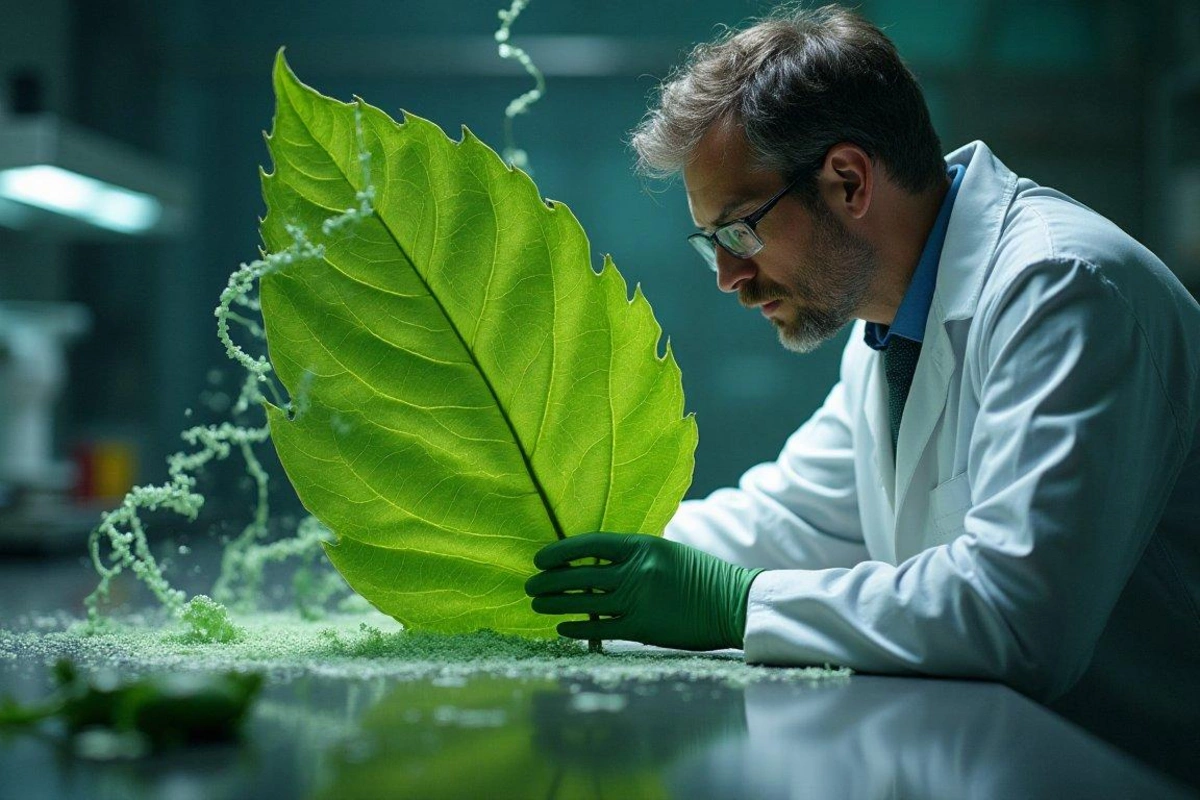GMO: Food of salvation or threat?

Genetically modified organisms (GMOs) are plants, animals, or microorganisms whose genetic material has been altered using genetic engineering methods.
The topic of GMOs provokes fierce debates: for some, it's a path to solving food crises, for others, it's a potential threat to health and ecosystems. In this article, we'll examine the pros and cons of GMOs, based on scientific data, to create a balanced picture.
Advantages of GMOs. Increased yields and fighting hunger.
GMO crops, such as corn, soy, or rice, are resistant to pests, diseases, and adverse climatic conditions. Bt crops (modified using a gene from the bacterium Bacillus thuringiensis) produce their own insecticide, reducing losses from insects. According to the International Food Policy Research Institute (IFPRI), GMO crops have increased yields by 20-30% in some regions, especially in developing countries.
Reduced use of pesticides.
Pest-resistant GMO crops allow farmers to use fewer chemical pesticides. A study by the US National Academy of Sciences (2010) showed that growing Bt crops reduced insecticide use by 50% in some countries.
Adaptation to climate change.
GMOs allow for the creation of plants resistant to drought, heat, or soil salinity. For example, in Australia, wheat varieties have been developed that can grow in drought conditions.
Nutritional value.
GMOs can improve the composition of products. "Golden Rice," enriched with vitamin A, helps combat deficiency of this vitamin, which, according to the WHO, annually causes blindness in 500 thousand people.
Risks and concerns. Health safety.
Major scientific organizations, including the WHO and the US National Academy of Sciences, confirm the safety of tested GMOs. In 25 years of their use, no confirmed cases of harm to health have been recorded. However, long-term effects continue to be studied, which causes distrust.
Environmental risks.
GMO crops can cross-breed with wild species, creating "superweeds." In Canada, cases have been recorded where GMO rapeseed crossed with local plants. GMOs can also reduce biodiversity due to the preference for monocultures.
Economic dependence.
The production of GMO seeds is controlled by large corporations, such as Monsanto. Farmers are often required to buy new seeds annually, creating financial dependence.
Ethical and cultural issues.
For many, GMOs are associated with "unnatural" interference in nature, which contradicts cultural or religious beliefs.
GMOs are a tool that can help in the fight against hunger and climate change, but requires strict control due to environmental and economic risks. Transparency, thorough testing, and consumers' right to information are key to the safe use of GMOs.
Similar News
Astronomers reported a powerful explosion on the side of the Sun hidden from Earth
An extremely powerful double explosion was recorded on the far side of the Sun last night. This was reported by the Laboratory of Solar Astronomy at the Space R...




 Azərbaycanca
Azərbaycanca  По-русски
По-русски  English
English 





